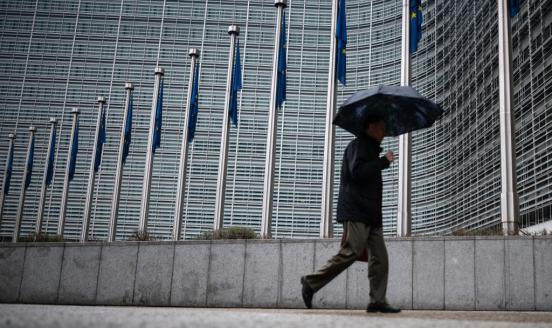A green fiscal pact: climate investment in times of budget consolidation
A fiscal exit strategy must be put in place when the EU is pursuing the major goal of cutting its emissions

The additional public investment need required to meet the European Union’s climate goals is between 0.5 percent and 1 percent of GDP annually during this decade. Increasing green public investment while consolidating deficits will be a major challenge. While our simulations show that budget consolidation can be done at a moderate pace in line with EU rules if those rules are interpreted flexibly, past consolidation episodes resulted in major public investment cuts. This time, there is a need for a major increase in investment.
A ‘green golden rule’ (excluding net green investment from the fiscal indicators used to measure fiscal rule compliance) is the most promising option to address this tension.
Relaxing the strictness of the EU fiscal framework beyond its existing flexibility and the proposed green golden rule does not appear necessary in the next few years. The uncertain growth impact of green public spending and the risks to growth from climate change create difficult trade offs in fiscally weaker countries. In any case, better regulatory policy and a higher price on emissions should incentivise private green investment and reduce public costs. These ingredients should be combined to form a ‘green fiscal pact’.
This paper was prepared for the informal ECOFIN meeting in Ljubljana on 10/11 September 2021. The authors thank Klaas Lenaerts for his excellent research assistance and colleagues at Bruegel (Grégory Claeys, Maria Demertzis, André Sapir, Jean Pisani-Ferry and Simone Tagliapietra) for their feedback and suggestions.



